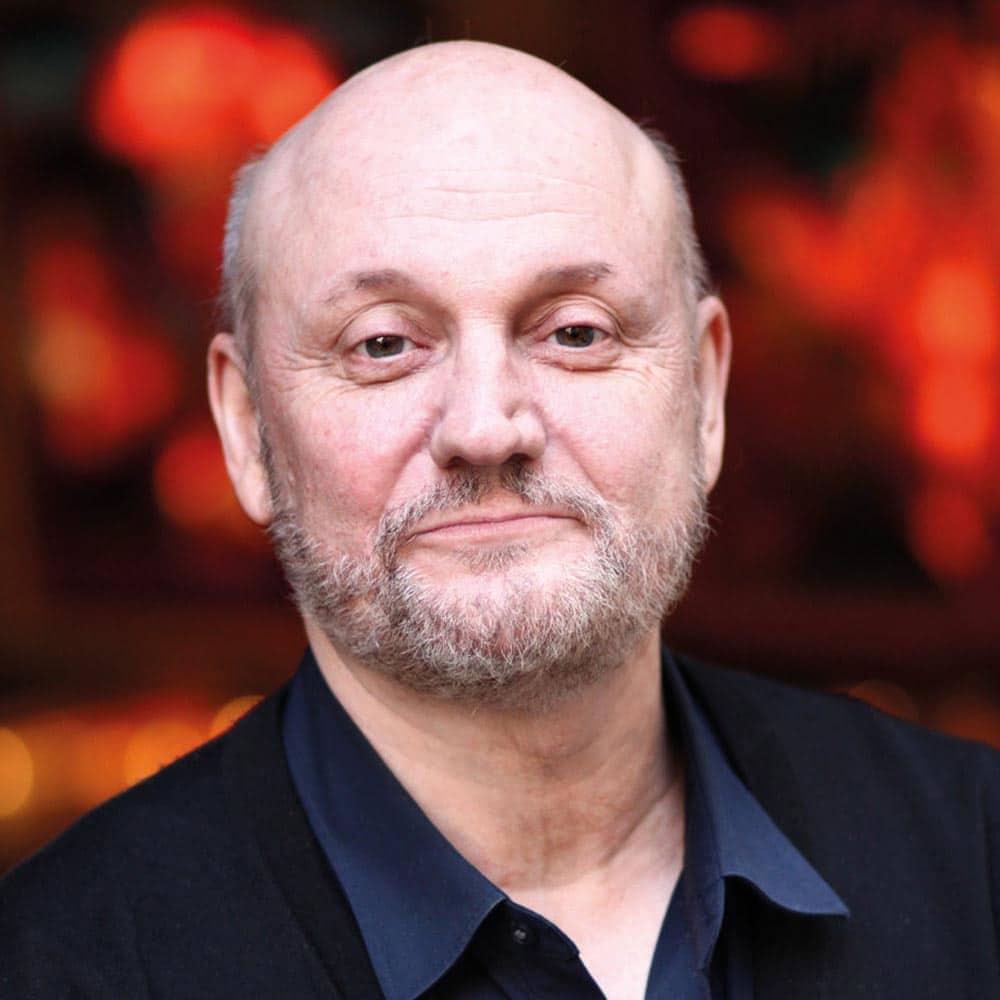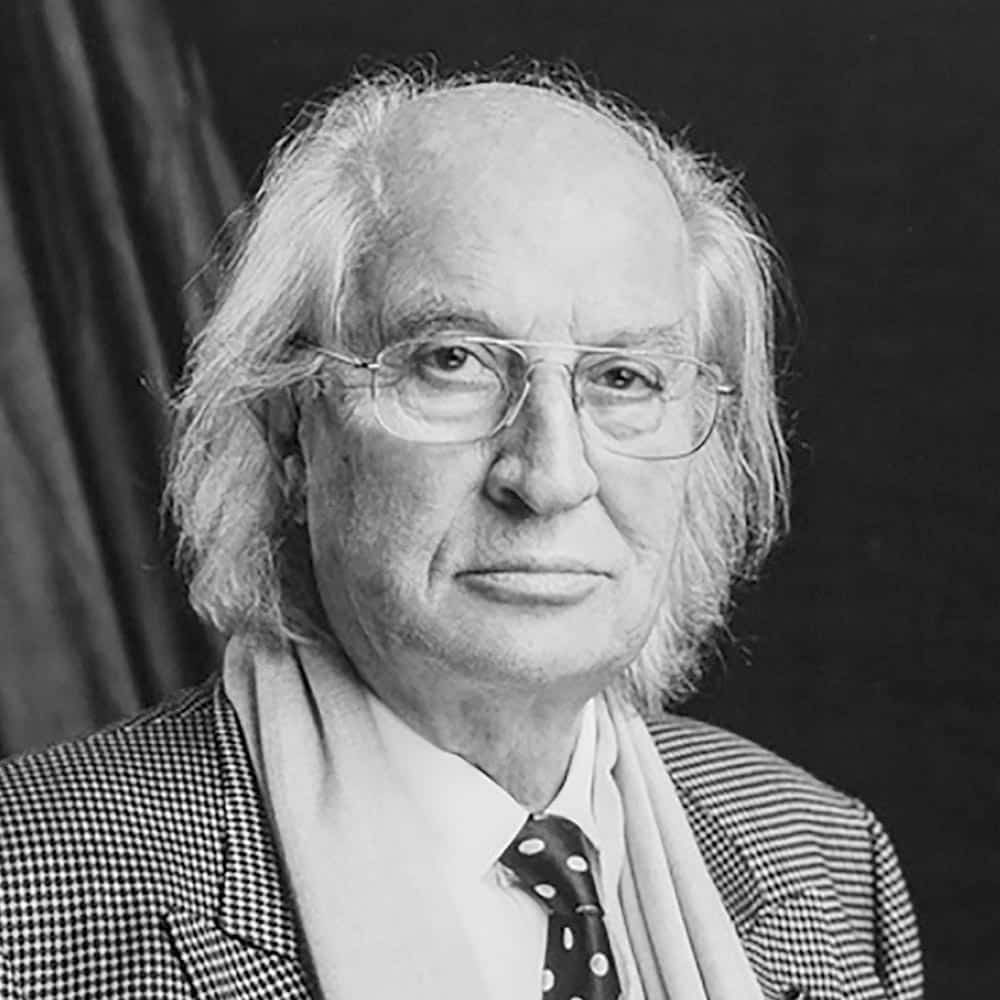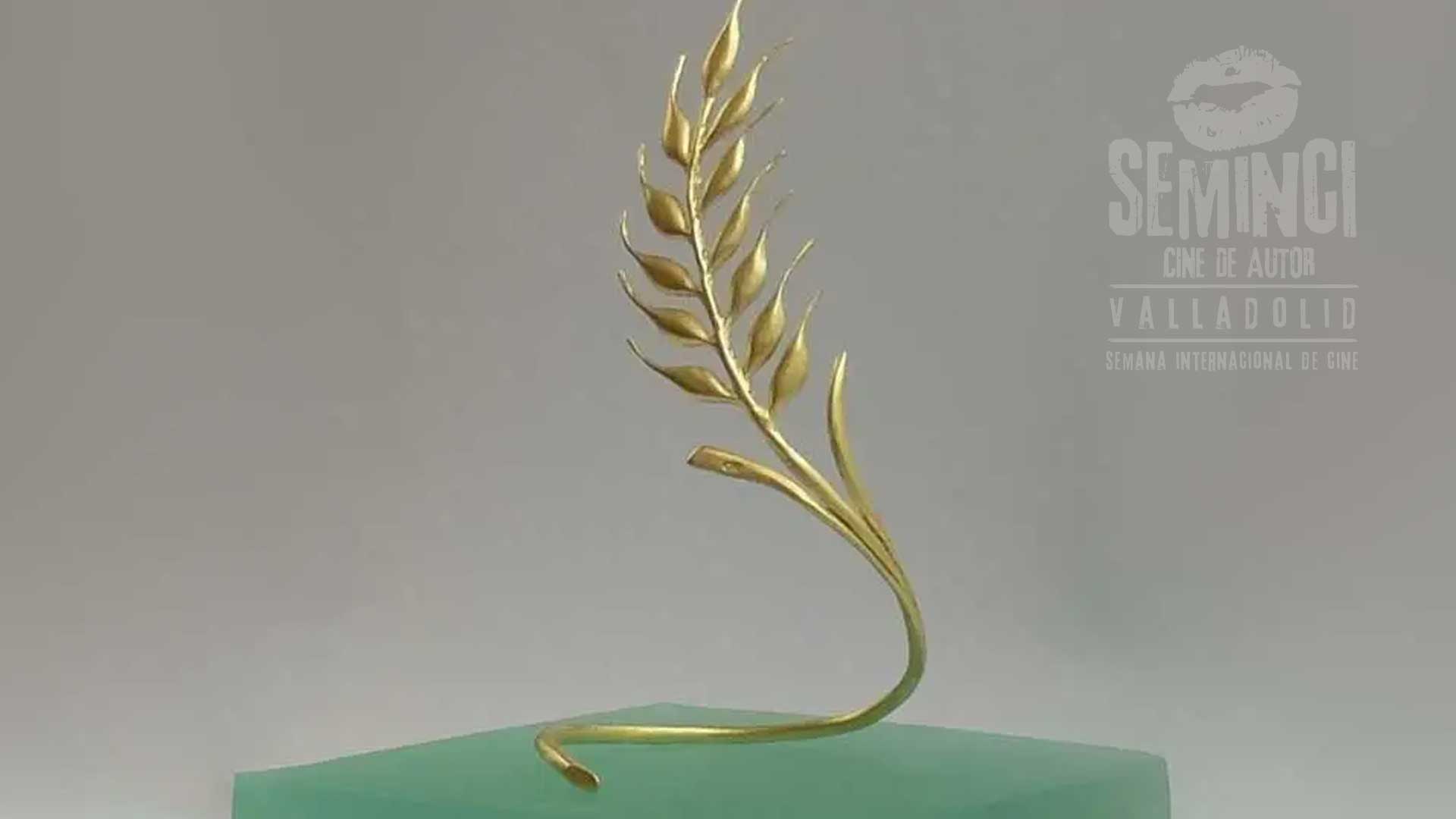The Festival will this year award two Honorary Spikes respectively to the Argentine filmmaker Juan José Campanella, who will receive the distinction during the Opening Gala, and to the Italian DoP Vittorio Storaro, who will be collecting the Honorary Spike in the course of the festival’s Closing Gala. National film figures receiving the same recognition this year are director Álex de la Iglesia, actors Jose Coronado, Emilio Gutiérrez Caba and Mercedes Sampietro, and cinematographer José Luis Alcaine.
Juan José Campanella
The actor, producer, screenwriter and director Juan José Campanella (Buenos Aires, 1959) will receive the Festival’s Honorary Spike in this year’s edition. The winner of an Oscar for Best International Film for The Secret in Their Eyes (2009) and of numerous awards in Seminci, among them the Silver Spike for Son of the Bride (2001), Campanella studied at the Avellaneda Institute of Film Art (IDAC), before taking a master’s degree in Fine Arts at New York University in the 1980s. In the United States he worked for years directing series such as Law and Order, House or 30 Rock, among others, before returning to his country to fully devote himself to his career as a director.

In 1988 he directed his graduation movie, the short film The Contortionist —winner of the Grand Prize at the Clermont-Ferrand Short Film Festival—, which was screened at the 36th Seminci within the retrospective dedicated to The Tisch School of the Arts in New York. In that same edition, he entered the Official Section with his debut feature, The Boy Who Cried Bitch (1991), whose young protagonist, Harley Cross, won the Best Actor Award. In fact, a large part of Campanella’s filmography became known in Spain thanks to the Valladolid Festival.
During the festival’s 44th edition, the Meeting Point section screened his following feature film, The Same Rain (1999), which was awarded the Young Jury Prize. Son of the Bride (2001) was presented in the Official Section of the 46th Seminci, where it garnered the Silver Spike and the Audience Award (the film would be nominated for an Oscar). In 2004 Campanella opened the 49th Film Week with Avellaneda’s Moon, whose protagonist, Ricardo Darín, received the Best Actor Award. The following year, the Meeting Point section played the first chapter of his television miniseries Vientos de agua (2005).
After receiving the Oscar in 2010, it took Campanella ten years to shoot again a live-action feature. Titled The Weasel’s Tale (2019), it was the adaptation of an Argentine black comedy directed by one of his masters, José Martínez Suárez, more than 40 years ago: Yesterday’s Guys Used No Arsenic (1976). Meanwhile, he produced and supervised the biopic Belgrano (2010) and directed the 3D animated film Metegol (2013).
Vittorio Storaro
Considered a legend of the seventh art, Vittorio Storaro has worked throughout his long career with the best filmmakers, from Francis Ford Coppola to Bernardo Bertolucci, including Carlos Saura, Woody Allen and Warren Beatty.

At the age of eleven he began to study photography at a technical school, and in his twenties he met Bertolucci, with whom he shot in 1964 Before the Revolution. This would be the first of many collaborations with the Italian director. It was followed by titles like The Spider’s Stratagem –Golden Spike at the 16th Seminci- and The Conformist (1970), The Last Tango in Paris (1972), Novecento (1976), Luna (1979), The Last Emperor (1987), The Sheltering Sky (1990) or Little Buddha (1993).
As a cinematographer, Storaro has participated in almost 90 audiovisual productions which have earned him more than 50 international awards. His work has been recognized by the Bafta Awards (The Sheltering Sky, 1990), the Cannes Film Festival (Tango, 1998), the David de Donatello Awards (The Last Emperor, 1987), the Goya Awards and the European Film Awards (Goya in Bordeaux, 1999), in addition to the Oscars, an award that he has received on three occasions for Coppola’s Apocalypse Now (1979), Warren Beatty’s Reds (1981) and Bertolucci’s The Last Emperor (1987).
A regular collaborator of Carlos Saura in projects like Taxi, Goya in Bordeaux, Flamenco, Tango or The King of All the World, in recent years he has also worked for Woody Allen, with whom he established a professional relationship in Café Society which was further consolidated with Wonder Wheel and Rifkin’s Festival.



























![Logo Foro Cultural de Austria Madrid[1]](https://www.seminci.com/wp-content/uploads/2024/09/Logo-Foro-Cultural-de-Austria-Madrid1-300x76.jpg)








